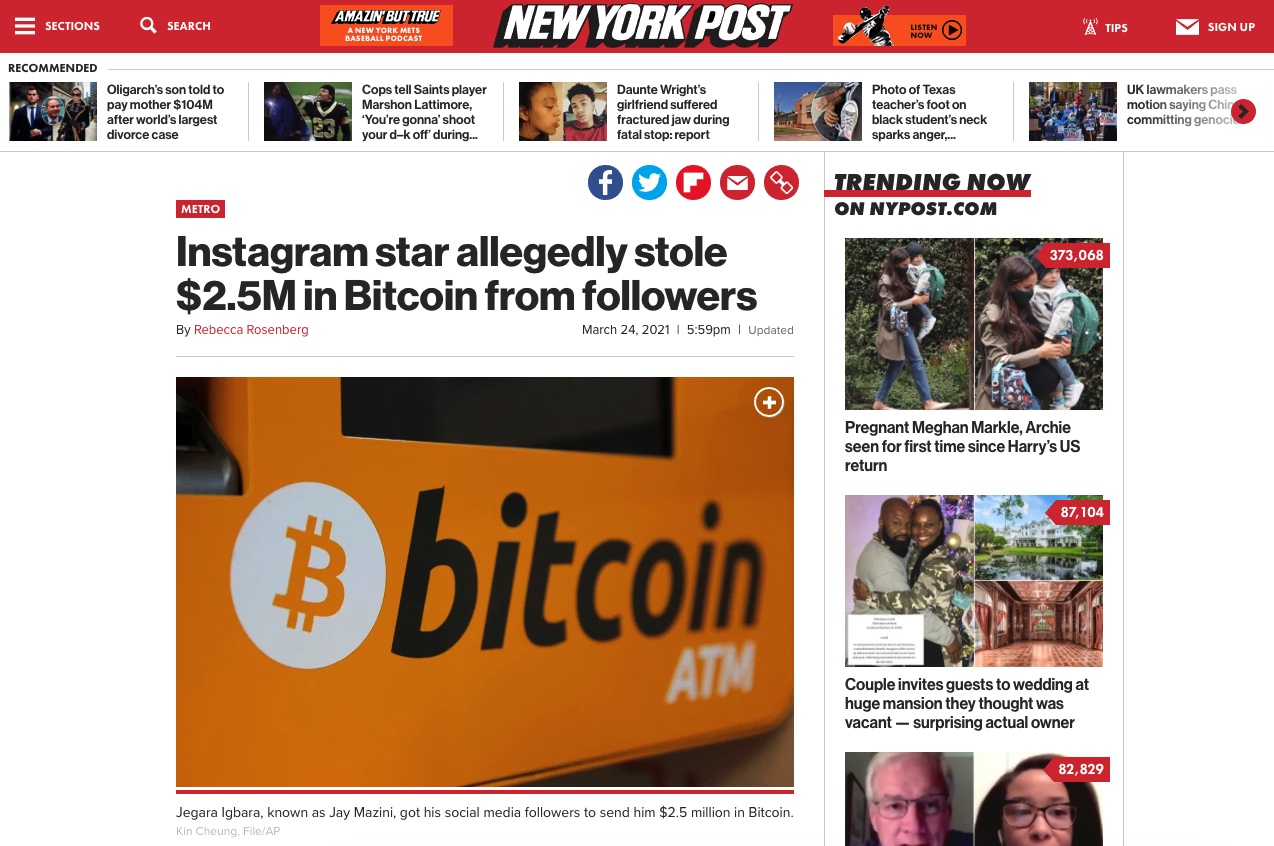SNAP Permanent Disqualification Lawyers
What’s Involved In SNAP Permanent Disqualification?
When your store began accepting EBT as part of the Supplemental Nutrition Assistance Program, commonly called SNAP, you knew it would not only lead to greater profits, but also many rules that would need to be strictly followed by you and your employees. Thus, when a letter arrives from the U.S. Department of Agriculture alleging numerous SNAP violations have occurred at your store, you are wondering what happened and what the USDA has planned for you as punishment. Unfortunately, if the allegations against you include SNAP trafficking or other similar violations, permanent disqualification from SNAP is a real possibility. To make sure this stiff penalty never happens to your store, contact a SNAP permanent disqualification attorney immediately.
Organize and Prepare
Since the USDA is well-known for pursuing SNAP violations cases very aggressively, you should do the same by organizing and preparing your defense of the allegations against you from the very beginning. While the USDA does not negotiate with business owners in these situations, it must adhere to the rule of law if evidence is presented by your SNAP permanent disqualification attorney that proves your innocence. Thus, never let yourself sit back and assume all hope is lost. By speaking to a qualified SNAP permanent disqualification attorney as early as possible, you can stop USDA litigation in its tracks.
What is a SNAP Trafficking Violation?
If you want to ensure your store is permanently disqualified from SNAP, let the USDA be successful in making SNAP trafficking violations against you stick once your case goes to court. When SNAP trafficking is alleged against a store, this means the government believes either the store’s owner, manager, or employees exchanged SNAP benefits for cash, weapons, or drugs. The most serious of SNAP violations, the USDA will stop at nothing when pursuing such charges. In most cases, trafficking allegations are made against retail stores following the agency’s analysis of store transactions or after undercover investigators have supposedly made illegal exchanges with store personnel. Since you will require an attorney on your side who possesses an in-depth understanding of SNAP trafficking violations, always turn to one who specializes in helping clients avoid permanent disqualification.
Permanent Means Forever
Just as it implies, a permanent disqualification from SNAP means forever. In other words, should you be a store owner or manager who gets a permanent DQ from the USDA, you will never be allowed to accept SNAP benefits again in not only your current business, but in any other store you may own or work in later on. In fact, if you ever want to work in a retail store that does accept SNAP following your permanent DQ, the USDA will only let you do so if you are in a position that holds no significant authority, such as being a clerk.
Impacting Your Personal Life
While you may think a permanent disqualification from SNAP will only affect you professionally, the fact is the USDA uses this penalty to make examples of violators. Therefore, it is set up so that it impacts your personal life as well. For example, once the permanent DQ is part of your past, expect to have great difficulty obtaining loans to purchase homes, cars, or other big-ticket items. Also, if you begin a search for a new job, don’t expect to be considered at companies that in any way do business with the federal government. Finally, your reputation as a honest individual will take a severe blow, even if you have been a pillar in your community for many years. Rather than let this government penalty impact you and your family in ways you never imagined, let a SNAP permanent disqualification attorney take on the USDA on your behalf.
Transfer Civil Money Penalty
If you thought the penalties listed above were harsh, consider that the USDA also has at its disposal what is known as the Transfer Civil Money Penalty, referred to as TCMP. While this penalty only applies to store owners or managers who were found to have committed SNAP trafficking violations, the penalty itself is $11,000 per trafficking infraction. But even more importantly, this penalty will apply to you once you sell your store, and has no time limit as to its enforcement. Thus, even if you continue to own your store for decades after your SNAP permanent disqualification and then perhaps sell when you retire, a bill from the USDA will be waiting for you as a parting gift to begin your retirement. Therefore, it is critical you have an attorney on your side who can build a strong case to refute any trafficking allegations made against you, which is why you should only rely on experienced SNAP permanent disqualification attorneys who possess a track record of success with previous clients.
Receiving the Charges Letter
Once you receive your Charges Letter from the USDA, time is of the essence to start planning your defense. Most often, the government will only give you 10 days to file your appeal, meaning procrastination is not an option. Rather than spend this valuable time trying to figure out what happened or speaking to employees who have limited knowledge of what transpired, meet with a knowledgeable and trusted SNAP permanent disqualification attorney. Since your attorney will have helped other clients in the past navigate these confusing and intimidating situations, you can gain peace of mind as well as knowledge of what legal options may be available to you in your fight against the USDA.
While you may be looking back now and thinking about things you could have done differently, hindsight is always 20/20. Instead of wasting precious time berating yourself, use your time wisely by consulting with a SNAP permanent disqualification attorney.















